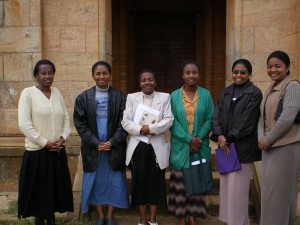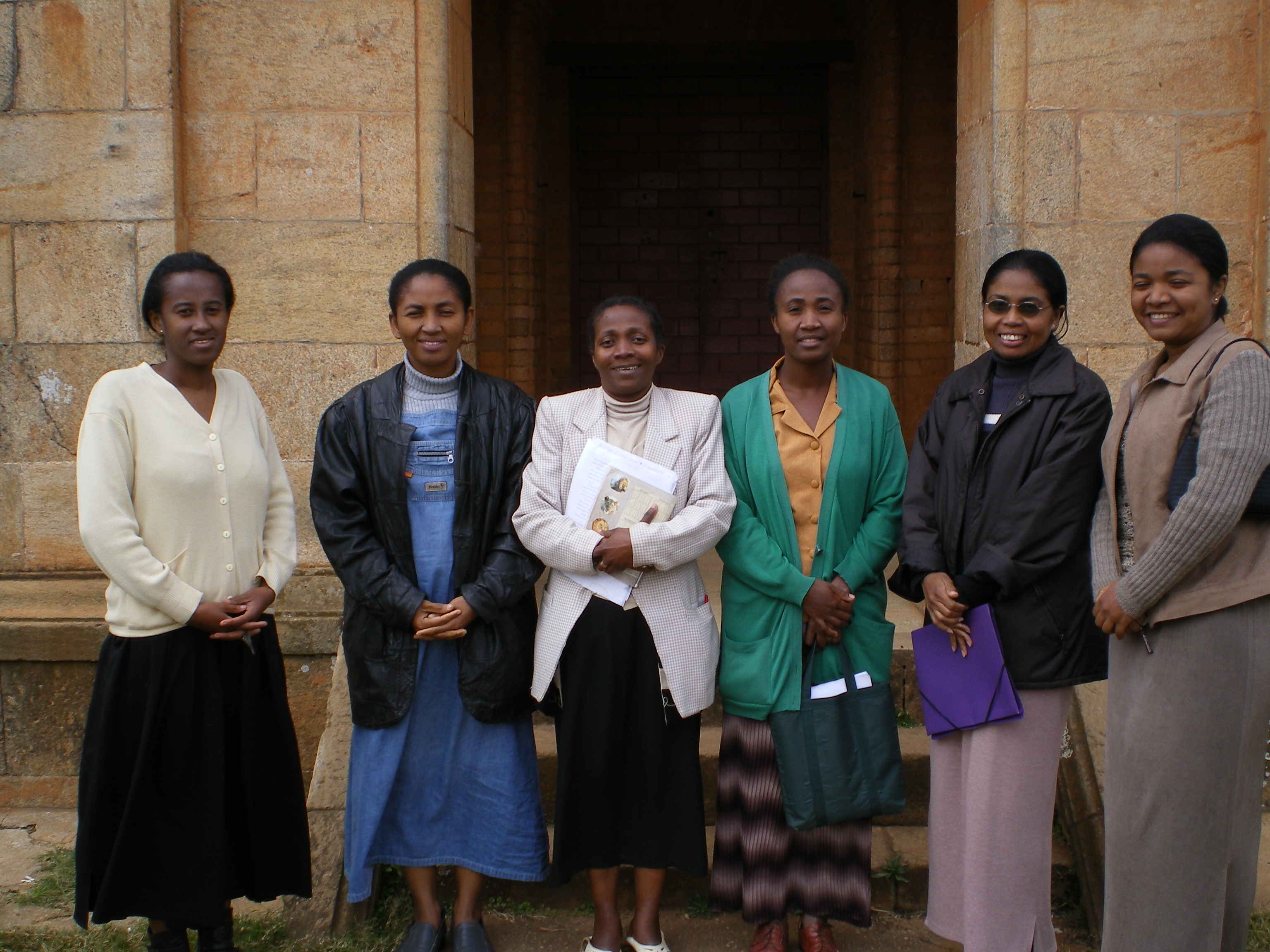Public Theology, The Only Kind There Is – by Cynthia Holder Rich

Read Clint Le Bruyns’ Essay, “Public Theology? On responsibility for the public good”
Read R. Ward Holder’s Essay, “Public Theology as Modern Prophecy”
Public theology is concerned with how the Christian faith addresses matters in society at large. It is concerned with the “public relevance” of Christian beliefs and doctrines.
Clive Pearson, What is Public Theology?
I describe public theology as the deliberate use of religious languages and commitments to
influence substantive public discourse, including public debates on morals.
Victor Anderson, Contour of an American Public Theology
The two conversation partners whose essays go up in this space on Wednesday are identified, or identify themselves, as “public theologians”. I got interested in the field because a number of friends and colleagues whose work I respect are writing in this area, or are faculty in public theology centers or institutes.
Public theology is getting a lot of attention these days. Centers have emerged in (at least) the US, Canada, the UK, South Africa, and Australia; courses appear in seminary catalogues; scholars are engaged in degree-level work in the field. Definitions and understandings vary. One component many authors in the field include in their understanding is that public theology is open to and engendering of multifaith discourse – more so, it seems, than some other forms of theology. Some have concluded, thus, that public theology is, perforce, not confessional or evangelical. This has made me ponder the meaning of the words “public” and “theology” when used together.
After completing my M Div and before entering mission service some years ago, I served as resident theologian and equipper of others in congregations toward discernment and articulation of their own theological understandings – that is, I was a parish pastor. I gained a keen appreciation of the theological training I had received at a fine school, as I worked to share what I could with others to help them come to understanding and make meaning of the events of life – births, deaths, illness, conflict in families, congregations, communities and the world. I came into doctoral study, not through a sense of vocation or particular curiosity – these came later. I entered study because I found myself, as the only ordained woman working with a church in the mission field to which we were assigned, called upon to work with battered women, a task for which I was not adequately equipped.
It was women living with violence who approached me, thinking my ordained status would make a difference to help them work toward change and alleviate suffering. Over the next couple years, I began to understand both the trap in which many Christian women lived and the persistent and robust acceptance of violence against women among church leaders, coupled with total resistance to ideas that would lead toward change. I also figured out the limits of my own ability to think, strategize, and stand with the oppressed and my need, thus, for more understanding of theology and how the work of Jesus in the world, carried out through the grace of God’s Spirit by disciples, is founded on and empowered by coherent, well-thought out theological understandings.
Because we were serving near South Africa, I had the opportunity to enter a doctoral program there. This transformed my understanding of theology and the way it works in the world. All students in the program (who, at the time, numbered more than 50 and hailed from over 20 countries on the continent) were required to consider the context and its implications in their research and to document these considerations. Reading the Bible in the Democratic Republic of the Congo, where civil war raged, was a different exercise than doing so in South Africa, which was finding its way through recovery from apartheid. Theologizing from a city in Zimbabwe, where people lived with violence and oppression under the Mugabe regime, was different than doing theology in Botswana, which was relatively stable, and different still in Swaziland, which is a monarchy. The contextualization of the study of theology, seen as normative in the African context, changed my thinking. I went to seminary in the US, and later taught in a US seminary. In both cases, theology was, in many ways and in many (though not all) cases, seen and approached as “plain theology” – except when it was “black”, “feminist”, “Asian”, “liberation”, or wore some other modifying moniker. Thus, white male theology, particularly written before some set time, is either understood by much of the theological establishment as just “theology”, or modified by the name of the theologian (Calvinist, Tillichian) or the tradition in which they were active (Mennonite, Evangelical).
Now, “public” has become a current and increasingly popular modifier. Having studied with Steve de Gruchy[1] (founder of the Theology and Development Programme at the School of Religion and Theology at the University of KwaZulu-Natal and my doctoral supervisor), and been formed and informed by colleagues across the world who do theology in contexts of gross human suffering, bloodshed, and rape of the planet, I am led to the conclusion that there is very little theology outside the public sphere. The two definitions that top this essay describe the ways in which Christian theology operates in public. My sense is that Christian theology doesn’t actually operate in private – that is, while people use and operate from structures of belief in private life, the way these inform and form the way they live happens in public. In confronting systemic sin and evil, both inside and external to the church, the theology that emerges strengthened and refined from the fires functions in public, and equips people to find the courage of their convictions[2] and to stand in and for them come what may. It is public theology that allows us to comprehend ourselves as disciples of Jesus and to act from and within that comprehension. It is public theology that allows us to challenge and call each other, and ourselves, to a life and a way of life that is bigger and better than our paltry imaginings. And, as the white male European theological tradition in which I was formed (Reformed) would suggest, it is nearly impossible to be Christian in private, as we come to know who we are and are corrected and given direction in the Christian walk in relationship with others. At least Reformed Christians, then, are public theologians by definition.
Returning to the story I began earlier, the study of what could be called one form of public theology (and what my University called Theology and Development) forced me to think and rethink about the ministry in which I was engaged. Powerful work done by Letty Russell, Musa Dube, Renita Weems and others opened my mind to new-to-me ways of thinking and acting theologically. Understanding theology as a public act encourages integrative work, engendering dialogue between theologians and scholars in disparate fields whose work informs the work of theology and thus the work of the church (John and Jean Comaroff and Amartya Sen among them, in my case). All of these thinkers and more assisted me and the women of the Fikambanam’Behivavy (Women’s Committee) to work toward justice and freedom from oppression for women bound by violence in the home, and for men who came to realize the damage done to them, physically, mentally, spiritually and to their ability to minister in the name of Jesus while continuing to perpetrate violence.
It is difficult and at times harrowing work to walk the valley with people in pain. Theology operating in public increases our capacity for the work to which we are called, strengthening all who walk together. This website is founded on the understanding that theology, in order for it to be coherent to the witness of Jesus, must function in the open and in dialogue with others – and that the work of theology is best carried out in community. Theology that is public is then, for me, the only kind that makes sense.
On Wednesday, Clint Le Bruyns and Ward Holder join the conversation.
[1] A number of Steve’s shorter pieces that relate to the theme of this essay can be found here.
[2] Thanks, Dr. King, a powerful public theologian of the last century, for this turn of phrase.
Read Clint Le Bruyns’ Essay, “Public Theology? On responsibility for the public good”
Read R. Ward Holder’s Essay, “Public Theology as Modern Prophecy”

